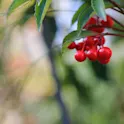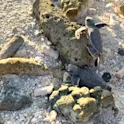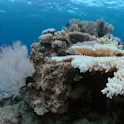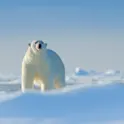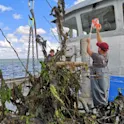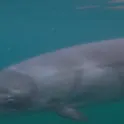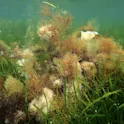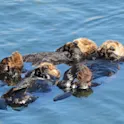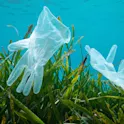Fighting chronic pain with food: Here are five Frontiers articles you won’t want to miss
By Deborah Pirchner, Frontiers science writer Image: Shutterstock.com At Frontiers, we bring some of the world’s best research to a global audience. But with tens of thousands of articles published each year, it’s impossible to cover all of them. Here are just five amazing papers you may have missed. Certain foods help ease chronic pain Chronic pain caused by rheumatic diseases often requires prolonged treatment using drugs which are associated with side effects. Eating a certain diet, however, has been suggested as a possible way to alleviate chronic pain symptoms. Recommended foods include berries, fatty fish, and avocados. In a pilot study, researchers in Spain have evaluated the efficacy of an anti-inflammatory diet in patients with chronic pain. They have published their findings in Frontiers in Nutrition. In a first step, the researchers designed a 13-item anti-inflammatory dietary guide, including anti-inflammatory foods like curcumin and coffee. Foods with inflammatory properties, for example red meat, gluten, and cow’s milk, were excluded from the list. In the second part of the study, participants followed the diet for four months. The researchers found a positive correlation between the anti-inflammatory food participants ate and physical characteristics, stress, and pain. Consuming the anti-inflammatory diet also […]



